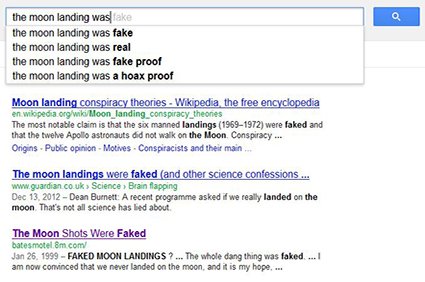NAVIGATE STRAIGHT TO: Links
|
Below are some of the future projects I'd like to pursue: |
|
Do Appearances Matter Online? |
In the real world, people's behaviour towards us is influenced by the way we look. For instance, many studies have demonstrated that attractive people are more likely to receive help when they are in need than are less attractive people. In this line of research, I am interested in whether appearances also matter in online interactions. Video games often allow us a great deal of flexibility in creating a virtual avatar. Thus, our avatar's appearance may bear no resemblance to our real-world appearance at all; we can appear to be slimmer, more attractive, and even of the opposite sex. Despite this, does our (online) appearance still influence the way the way that other gamers respond to us? |
|
Is it Possible to Misattribute the Arousal Caused by Coffee? Experiences of emotion are accompanied by increases in physiological arousal (such as increases in heart rate, respiration, and perspiration), and these increases are similar regardless of the particular emotion we are experiencing. An influential theory of emotion (the two-factor theory) therefore suggests that, when we experience physiological arousal, we look around for something to which to attribute that arousal. Often, we (correctly) attribute that arousal to an emotion. However, one corollary of this theory is that it is possible for us misattribute arousal that is caused by a non-emotional source (e.g. like the caffeine in coffee) to an emotion. In other words, caffeine consumption may fool us into experiencing emotions.
|
 |
|
Does Internet Use Encourage Confirmation Bias?
|
When people seek out new information on a topic, their search efforts are biased towards information that confirms, or supports, what they already believe, and away from information that contradicts their beliefs. This tendency is known as confirmation, or congeniality, bias. The internet contains a vast amount of information; in fact, it contains so much information that it can potentially be used to find confirmatory evidence for almost any belief, no matter how at odds with reality (for instance, it is not hard to find "evidence" on the internet to support the belief that the moon landings were fake). In this study, I am looking for evidence of confirmation bias in the way that people search the web. It is possible that evidence of confirmation bias may emerge through examining the search terms people choose, the titles of websites they click on, and/or the amount of time they spend on websites that support their pre-existing beliefs. |
|

